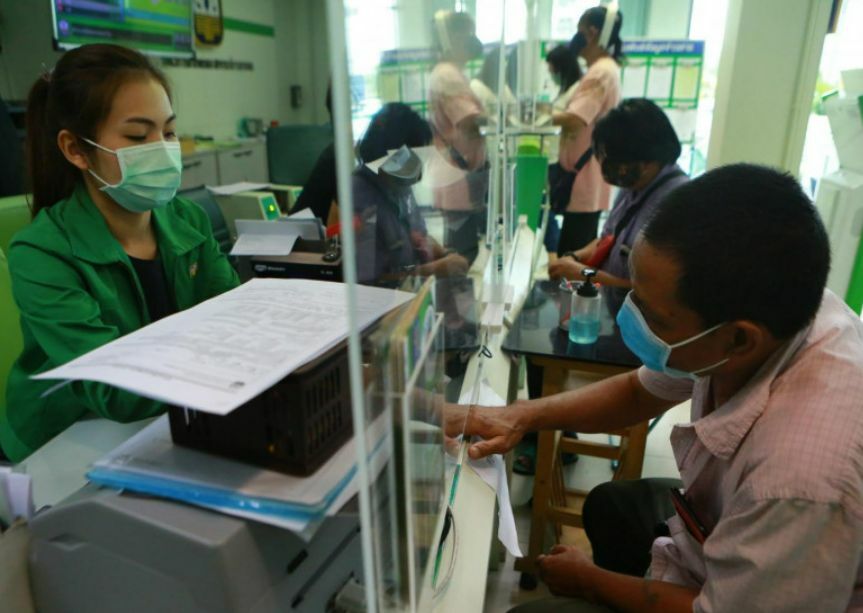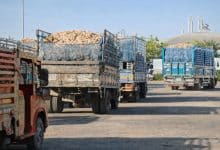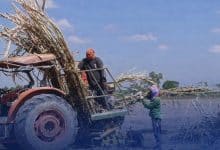Debt moratorium to benefit 7 million farmers and SMEs

Deputy Finance Minister Julapun Amornvivat announced that no more than seven million farmers and small and medium-sized enterprises (SMEs) will qualify for the initial phase of the debt moratorium. The breakdown of this figure is expected to be around four million small-scale farmers and three million SMEs.
The Deputy Finance Minister refrained from providing specifics on the scope and limit of the debt suspension, with these details largely determined by the government’s fiscal responsibility in terms of interest payments to state financial institutions.
“The debt relief will be offered to small-scale farmers and SMEs without the need to prove any hardship.”
Further details of the scheme are awaited over the forthcoming fortnight and are set to be submitted to a Cabinet meeting at the onset of next month.
Post the implementation of the first phase, the government intends to investigate the debt issues of other categories of borrowers, including agricultural cooperatives, teachers, police officers, and informal debt borrowers. The Finance Ministry has been directed by the prime minister to hasten the debt suspension for the initial category and alleviate the debt burden of the entire populace.
Chatchai Sirilai, president of the Bank for Agriculture and Agricultural Cooperatives (BAAC), reassured that the debt moratorium scheme for farmers will not impact the bank’s liquidity.
“The bank has excess liquidity of 10.6% of total liquidity, with the Bank of Thailand minimum set at 6%. In theory, excess liquidity should not be less than 8.5 to 10% of total liquidity.”
The BAAC, which serves 4.2 million customers, has proposed various alternatives to the government for the outstanding loan limit for the programme. Approximately 30% of the bank’s customers have debts of less than 100,000 baht, reported Bangkok Post.
Chatchai emphasised that the debt relief measures will not lead to a moral hazard, as the scheme will be run concurrently with an incentive programme to educate farmers. Farmers will be required to submit a statement of intent on their application for the programme, with those wishing to repay their debt while still in the programme allowed to do so.
The BAAC also aims to offer farmers participating in the programme the opportunity to secure additional loans for investment and income generation, with the objective of deterring borrowing from high-interest-charging loan sharks. The bank’s non-performing loans (NPLs) currently stand at 8.17% of the outstanding loan balance, with a bad debt management plan in place to reduce NPL levels to 5.5% from the end of this accounting year until March next year.
Follow more of TheThaiger’s latest stories on our new Facebook page HERE.
Latest Thailand News
Follow The Thaiger on Google News:


























